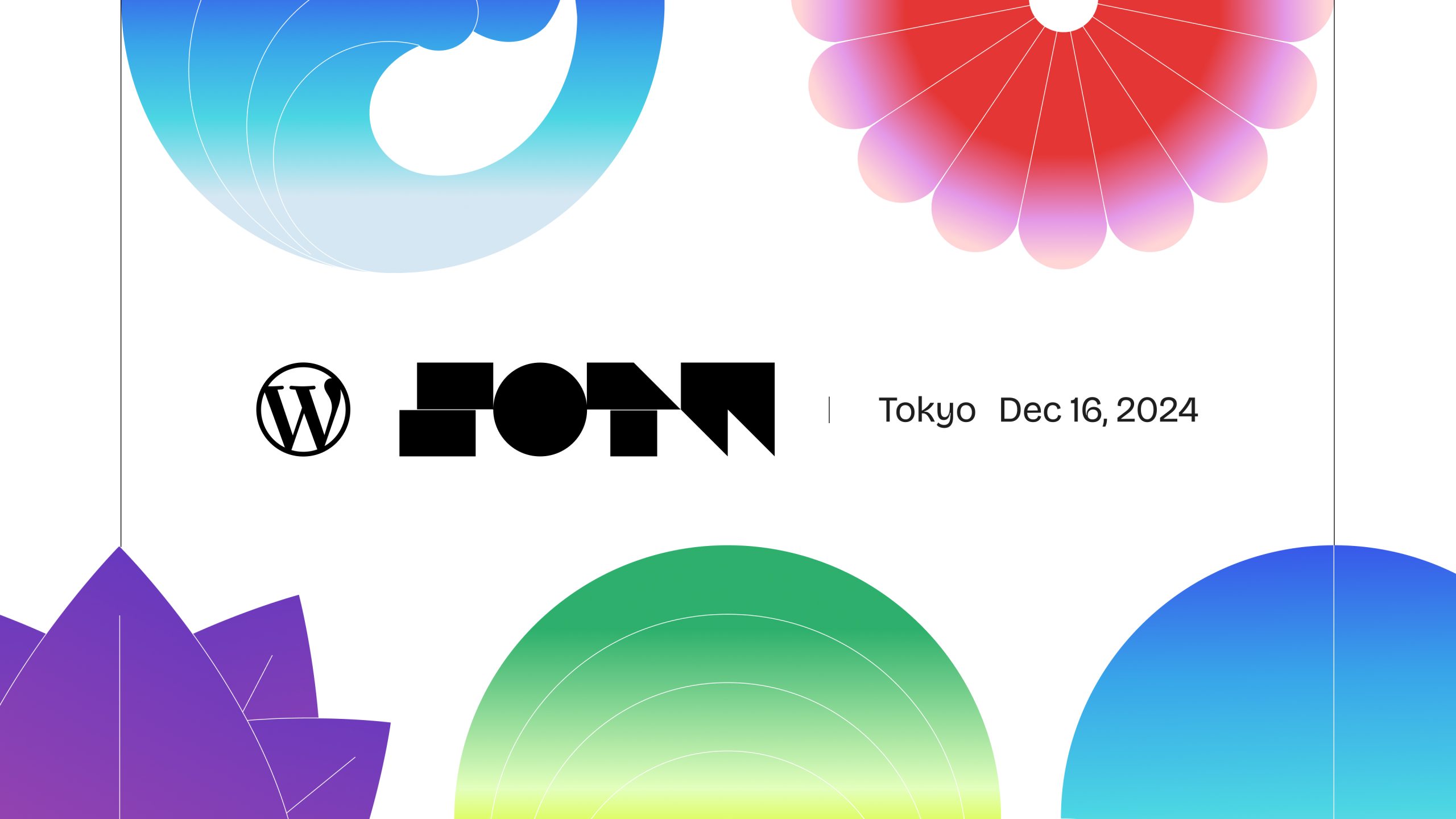This year, the 2024 State of the Word took place in Tokyo, Japan. The highly anticipated broadcast, live streamed from Tokyo Node Hall on December 16th, spanned three hours and delivered key insights from Matt Mullenweg as well as WordPress.org’s Executive Director Mary Hubbard and Lead architect Matias Ventura. With hundreds of attendees and millions more online, the event marked the 2nd occasion that State of the Word was hosted outside of North America.
Aptly, the concept of Kansei engineering was a key theme during Matt’s talk. A Japanese design philosophy that aims to translate needs, emotions, and desires into product design. Matt emphasised how this principle has subtly influenced the evolution of WordPress and helped drive its community focus, such as the introduction of WordPress global mascot, Wapu, in 2009, which has evolved throughout the years and now connects with the wider WordPress community on a much deeper level.
Continued growth
Akin with each annual State of the Word, Matt took the opportunity to reflect on the last year and highlight the main achievements from within the WordPress space, sharing that the platform now powers 43.6% of the web globally (and repsectively over 58.5% for its 2024 host – Japan). Alongside the release of WordPress theme – Twenty Twenty Five this year, Matt also reported how the platform continued to develop at a tremendous pace, with over 1,700 newly uploaded themes and a record breaking 2.35 billion plugin downloads. This consistent use and development of the number 1 CMS helped demonstrate its resilience and impact on a global level.
Matt also reported that after launching WordPress’ Plugin Check tool, issue reporting decreased by 41% resulting in weekly plugin approvals increasing by 138%.
What’s next
Matias Ventura, Lead Architect from WordPress focussed on four key themes when reflecting on WordPress’s evolution over time; writing, design, building and development, showcasing multiple new enhancements that are planned for 2025. The new Templates API achieved much deserved attention due to its simplification of registering and managing custom templates. Matias also detailed future updates to the API which will allow templates to be registered and activated seamlessly.
During the session, Matias also took a closer look at the Interactivity API with live demos of instant search, commenting and pagination without the need for any page reloads. Matias also announced plans for much deserved attention to responsive controls with new features being explored and developed to enhance the functionality even further.
WordPress is for everyone. So we need to really put our minds together into working out how can it be the best writing tool, the best design tool, the best developer experience.
Matias Ventura, Lead Architect at WordPress
Following on from the 2023 State of the Word where the initial success of Playground was highlighted, the tool has now emerged as a total game-changer for the community. The tool, which enables users to sample plugins and themes within a virtual live environment, now has improved GitHub integration and expanded documentation for developers, making it even more powerful than before.
Community at the core
Mary Hubbard, Executive Director at WordPress also took the stage at this year’s event. Reaffirming WordPress’s open-source mission and its commitment to empowering the wider WordPress community, Mary emphasised how an authentic experience is priority with community-driven experience at the core.
WordPress belongs to all of us, and to our community.
Mary Hubbard, Executive Director of WordPress.org
Junko Fukui Nukaga—Community Team rep and program manager also took to the stage and noted that WordPress’s prominence in Japan contributes to an economy exceeding 100 billion yen. The WordCamp organiser also reported key milestones for 2024 including over 189 local WordPress meetups along with a staggering 10 million active users for Takayuki Miyoshi’s Contact Form 7 plugin.
The full video of State of the Word 2024 is now available on Youtube


